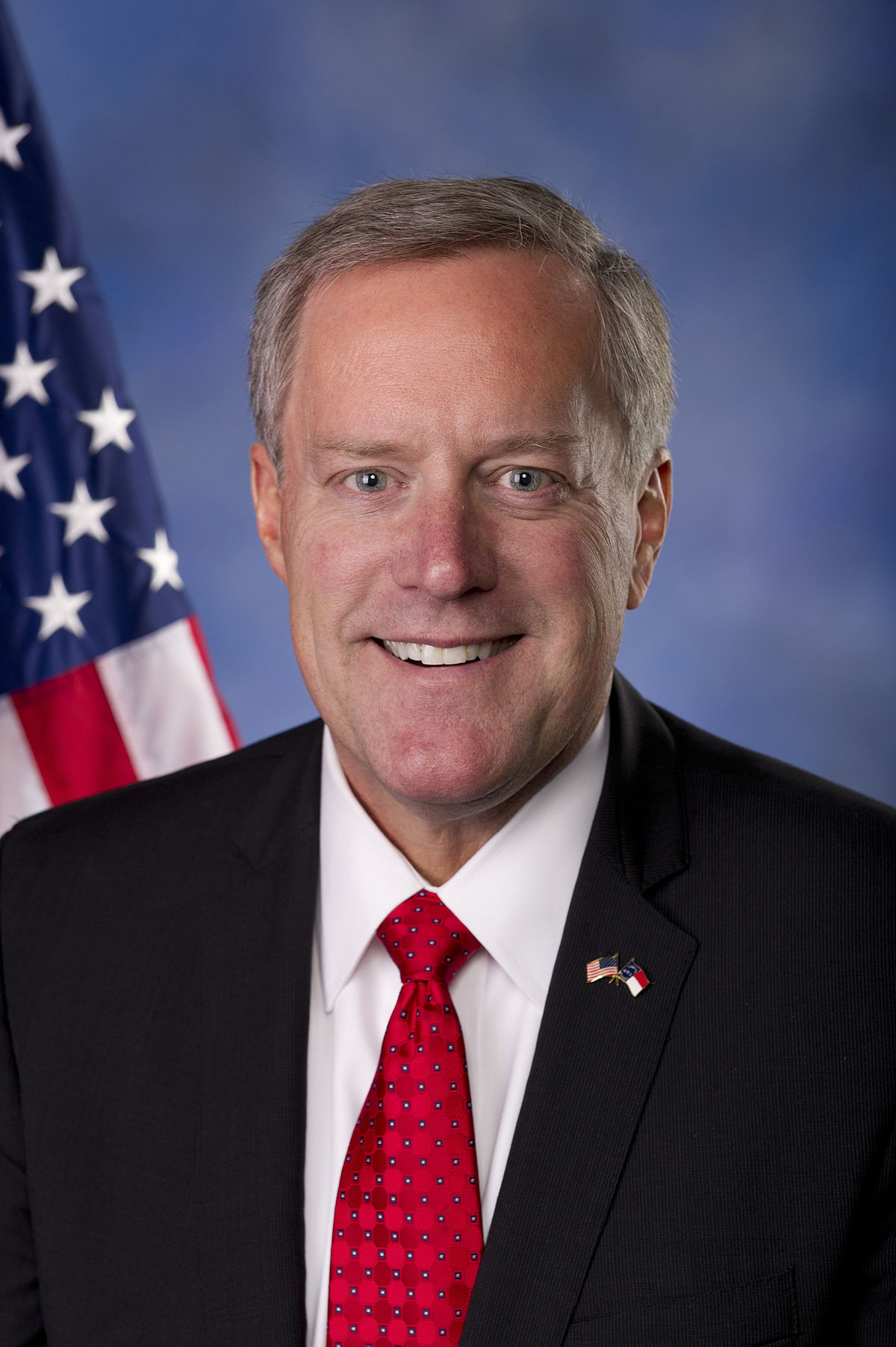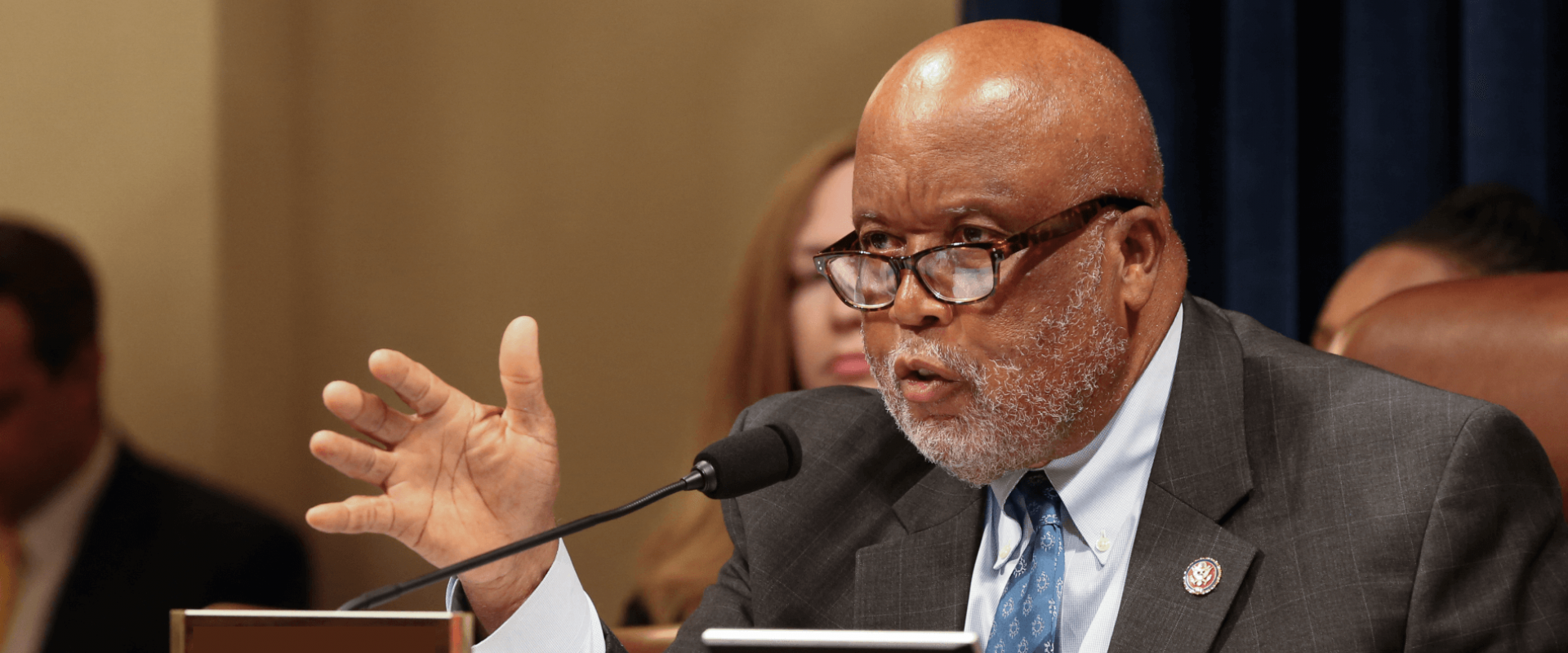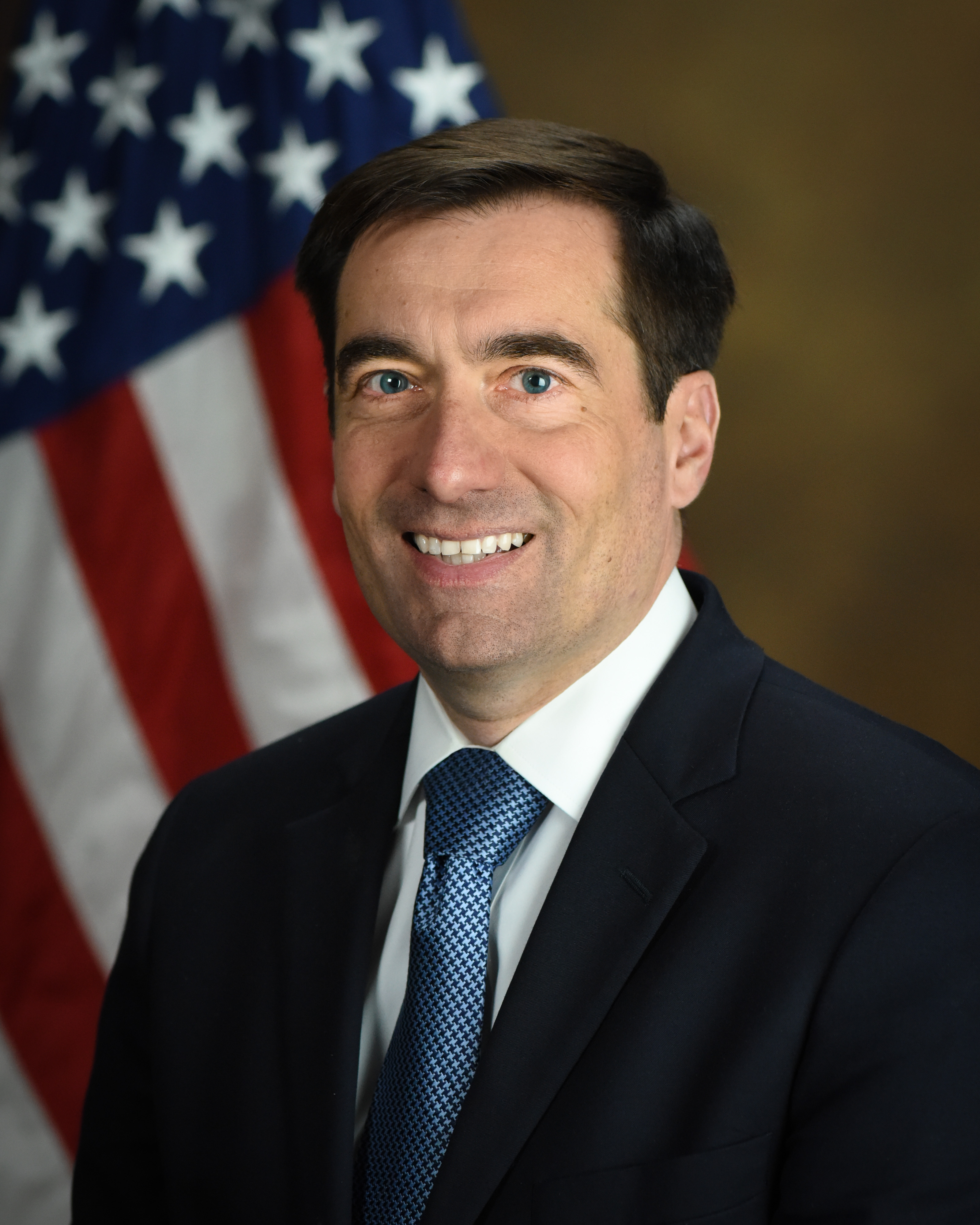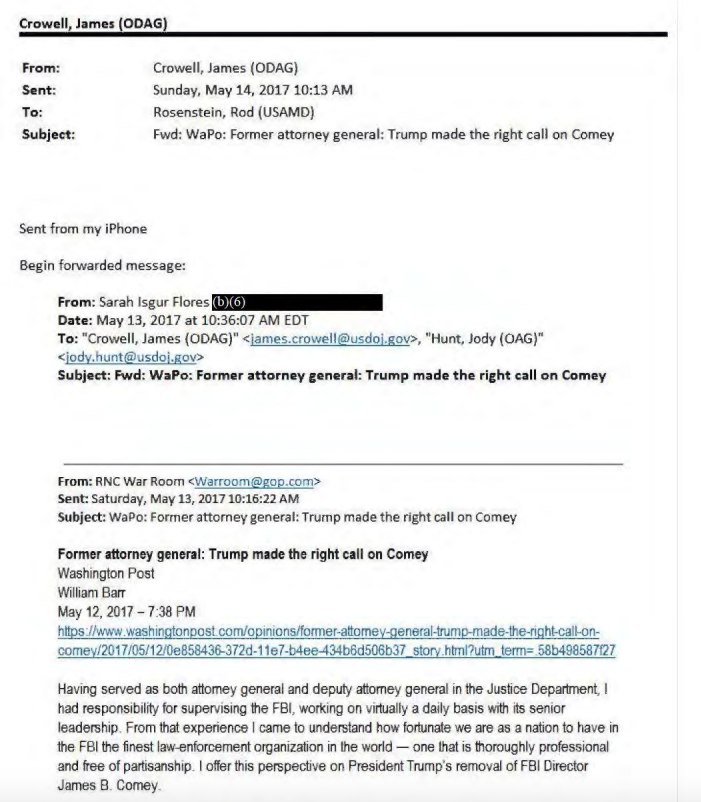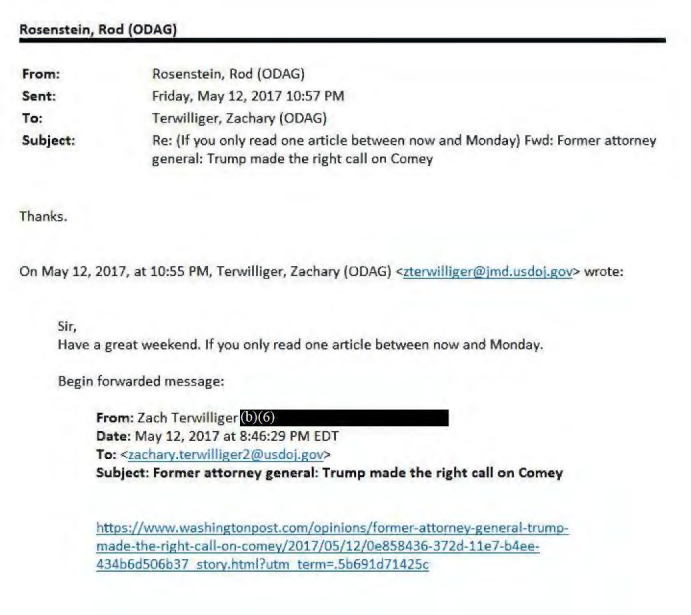Before Mark Meadows decided to renege on his partial cooperation with the January 6 Committee, according to a letter Chairman Bennie Thompson wrote his lawyer, George Terwilliger, Meadows had already turned over the following:
- A number of emails sent from Meadows’ personal email account, as well as a privilege log withholding “several hundred” documents from his email account citing Executive, Attorney-Client, or other privileges. Those emails include:
- A November 7, 2020 email discussing the appointment of alternate slates of electors as part of a “direct and collateral attack” after the election
- A January 5, 2021 email about a 38-page PowerPoint briefing entitled, “Election Fraud, Foreign Interference, & Options for 6 JAN” that was to be shared “on the hill”
- A January 5, 2021 email about having the National Guard on standby
- Some text messages Meadows retained before he got rid of his personal phone while a criminal investigation was pending, as well as a privilege log invoking Executive, Attorney-Client, and other privileges withholding over 1,000 texts. The texts turned over include:
- A November 6, 2020 text with a Member of Congress about appointing alternate electors as part of a plan that the Member acknowledged would be “highly controversial” about which, Meadows said, “I love it”
- A January 2021 text message with an organizer of the January 6 rally at the Ellipse
- Text messages about the need for the former President to issue a public statement that could have stopped the January 6th attack on the Capitol
According to Thompson, having turned over some fairly damning stuff, Meadows reneged on cooperating for two reasons: First, because the Committee intended to force him to invoke individualized privilege claims in response to questions. And perhaps even moreso, because the Committee filed a subpoena with Meadows’ cell phone carrier for “call data records.”
Indeed, a lawsuit Meadows filed after negotiations broke down yesterday is particularly concerned about the subpoena to Verizon, which he describes this way:
The Verizon subpoena, issued by the Select Committee on November 22, 2021, instructs Verizon to produce subscriber information and cell phone data associated with Mr. Meadows’s personal cell phone number. The subscriber information requested includes subscriber names and contact information, authorized users, time of service provided, account changes, associated IP addresses, and other metadata. The cell phone data requested could include all calls, text messages, and other records of communications associated with that phone number. This data can be used for historic cell site analysis. The Verizon subpoena requested all Mr. Meadows’ personal cell phone data for four months: from October 1, 2020 and January 31, 2021.
Meadows says that, given his provision of texts and a privilege log, the only thing that Verizon subpoena would show is his IP logins.
The Verizon subpoena seeks Mr. Meadows’ cell phone metadata, despite the fact that he has already provided the Select Committee with his responsive text messages, emails, and the metadata attached thereto.
The only additional information that could be gleaned by the Verizon subpoena is either privileged or concerns Mr. Meadows’ internet protocol and data-connection detail records.
It’s only true that the Verizon subpoena would show nothing other than what Meadows provided if Meadows included all his communications, either handed over or in the privilege log. But if he deliberately left stuff out, the subpoena would make that clear.
Meadows goes on at length in his lawsuit about how subpoenas from the January 6 Committee are invalid and how their refusal to accept a former President’s invocation of Executive Privilege for things his Chief of Staff wrote about in a book and on his personal cell phone.
So, as a result of that, Chairman Thompson and Vice Chair Liz Cheney have announced, they’re still going to go ahead and refer Meadows to DOJ for criminal contempt.
I’m going to hazard a guess and say that DOJ will not charge Meadows for contempt. But it’s not for the reason you think.
It’s because, first of all, DOJ has just gotten a record of enough suspicious behavior that they will use it (if they haven’t already) to get the very same call records Meadows is desperate to withhold from Congress. DOJ only needs to show relevance to their investigation to obtain those records, and Verizon will and has been, for other subjects of the January 6 investigation, gag the request to protect the ongoing investigation.
And by the time the Committee and Congress approve of a full report supporting contempt — Steve Bannon’s report was 26 pages — DOJ would have analyzed those call records to see which other January 6 suspects Meadows was in contact with, undoubtedly one of the things he was attempting to hide with his partial compliance and the replacement of his phone during a criminal investigation. And that would provide some evidence to support probable cause warrants for the content Thompson has just explained is available at Verizon and Google. The materials Meadows did turn over — particularly any gaps not covered by Meadows’ privilege logs — would provide further basis to support probable cause warrants. The apparent fact that Meadows was conducting official business on his phone and his Gmail account — but his emails!!! — would be further basis for probable cause. The likelihood, raised by Thompson, that Meadows failed to turn over records to the National Archives that he is now claiming to be covered by Executive Privilege, in violation of the Presidential Records Act, would be further basis for probable cause. And the circumstances of Meadows’ book publication — including any failures to undergo a full prepublication review, something that Trump attempted to prosecute John Bolton for — would be more.
Meadows’ actions thus far have provided a good deal of evidence that DOJ could use to obtain probable cause warrants for his phone and Gmail content, as well as (if they were prepared to do an overt search) the backed up material they know he retained from his old phone. They would have a privilege log for a filter team (though DOJ would be better served by asking a Special Master to check those privilege claims, because they’re probably bogus). And since Biden has already waived privilege over anything covered by the Committee request, DOJ would not have to worry about getting a separate Executive Privilege waiver for any content they obtained.
Thompson and Cheney may well refer Meadows for contempt. But by the time that happens, what Thompson has already made public will give DOJ plenty to kickstart an investigation into why Meadows is so obviously covering up some of his actions relating to January 6.
Rinse, repeat. The obstruction of John Eastman and Jeffrey Clark will likewise go some way to giving DOJ what they need to advance their investigation (though with Clark, DOJ may already have that from the DOJ IG Report). Similarly, once Ali Alexander finishes telling lies that DOJ has already debunked, it will provide DOJ ample cause (on top of what might be probable cause of wire fraud) to advance the investigation into him.
The collective wail from Meadows and Eastman that Congress might get their call records only makes it more likely that DOJ will get those very same call records, for which they need show only relevance. And Bennie Thompson’s transparency about that certainly makes FBI’s job easier.
Because it’s interesting, I’m going to include the list of things (per the lawsuit) that the January 6 Committee asserts could in no way be privileged.
- Messaging to or from the White House, Trump reelection campaign, party officials, and others about purported fraud, irregularities, or malfeasance in the November 2020 election. This includes, but is not limited to, Mr. Trump’s and others frequent use of the “Stop the Steal” slogan, even after lawsuits, investigations, public reporting, discussions with agency heads, and internally created documents revealed that there had not been widespread election fraud
- White House officials’ understanding of purported election-related fraud, irregularities, or malfeasance in the November 2020 election.
- Efforts to pressure federal agencies, including the Department of Justice, to take actions to challenge the results of the presidential election, advance allegations of voter fraud, interfere with Congress’s count of the Electoral College vote, or otherwise overturn President Biden’s certified victory. This includes, but is not limited to, Mr. Trump’s and others’ efforts to use the Department of Justice to investigate alleged election-related conduct, file lawsuits, propose that state legislatures take election-related actions, or replace senior leadership. It also includes similar efforts at other agencies such as the Department of Homeland Security, the Department of Defense, and, among others, the Cybersecurity and Infrastructure Security Agency.
- Efforts to pressure state and local officials and entities, including state attorneys general, state legislators, and state legislatures, to take actions to challenge the results of the presidential election, advance unsubstantiated allegations of voter fraud, interfere with Congress’s count of the Electoral College vote, de-certify state election results, appoint alternate slates of electors, or otherwise overturn President Biden’s certified victory. This includes, but is not limited to, an Oval Office meeting with legislators from Michigan, as well as a January 2, 2021 call with, among others, state officials, members of Congress, Mr. Trump, and Mr. Meadows.
- Theories and strategies regarding Congress and the Vice President’s (as President of the Senate) roles and responsibilities when counting the Electoral College vote. This includes, but is not limited to, the theories and/or understandings of John Eastman, Mark Martin, former Vice President Pence, and others.
- Efforts to pressure former Vice President Pence, members of his staff, and members of Congress to delay or prevent certification of the Electoral College vote. This includes, but is not limited to, meetings between, or including, the former Vice President, Mr. Trump, aides, John Eastman, members of Congress, and others.
- Campaign-related activities, including efforts to count, not count, or audit votes, as well as discussions about election-related matters with state and local officials. This includes, but is not limited to, Mr. Meadows’ travel to Georgia to observe vote counting, as well as his or Mr. Trump’s communications with officials and employees in the Georgia Secretary of State’s Office. This also includes similar activities related to state and local officials in Michigan, Wisconsin, Nevada, Arizona, and Pennsylvania.
- Meetings or other communications involving people who did not work for the United States government. This includes, but is not limited to, an Oval Office meeting on December 18, at which Mr. Trump, Michael Flynn, Patrick Byrne, and others discussed campaign-related steps that Mr. Trump purportedly could take to change the outcome of the November 2020 election and remain in office for a second term, such as seizing voting machines, litigating, and appointing a special counsel. It also includes communications with organizers of the January 6 rally like Amy Kremer of Women for America First.
- Communications and meetings with members of Congress about the November 2020 election, purported election fraud, actual or proposed election-related litigation, and election-related rallies and/or protests. This includes, but is not limited to, a December 21, 2021 meeting involving Mr. Trump, members of his legal team, and members of the House and Senate, during which attendees discussed objecting to the November 2020 election’s certified electoral college votes as part of an apparent fight “against mounting evidence of voter fraud.”
- Efforts by federal officials, including White House staff, Mr. Trump, the Trump reelection campaign, and members of Congress to plan or organize rallies and/or protests in Washington, D.C. related to the election, including, but not limited to, the January 6 rally on the Ellipse.
- Advance knowledge of, and any preparations for, the possibility of violence during election-related rallies and/or protests in Washington, D.C.
- Events in the days leading up to, and including, January 6. This includes, but is not limited to, campaign-related planning and activities at the Willard Hotel, planning and preparation for Mr. Trump’s speech at the Ellipse, Mr. Trump and other White House officials’ actions during and after the attack on the U.S. Capitol, and contact with members of Congress, law enforcement, the Department of Defense, and other federal agencies to address or respond to the attack.
- The possibility of invoking martial law, the Insurrection Act, or the 25th Amendment based on election-related issues or the events in the days leading up to, and including, January 6.
- The preservation or destruction of any information relating to the facts, circumstances, and causes relating to the attack of January 6th, including any such information that may have been stored, generated, or destroyed on personal electronic devices.
- Documents and information, including the location of such documents and information, that are responsive to the Select Committee’s subpoena. This includes, but is not limited to, information stored on electronic devices that Mr. Meadows uses and has used.
- Topics about which Mr. Meadows has already spoken publicly. This includes, but is not limited to, Mr. Meadows’ February 11, 2021, appearance on the Ingraham Angle show to discuss the January 6 attack on the U.S. Capitol, Mr. Trump’s reactions to the attack, and the National Guard.

